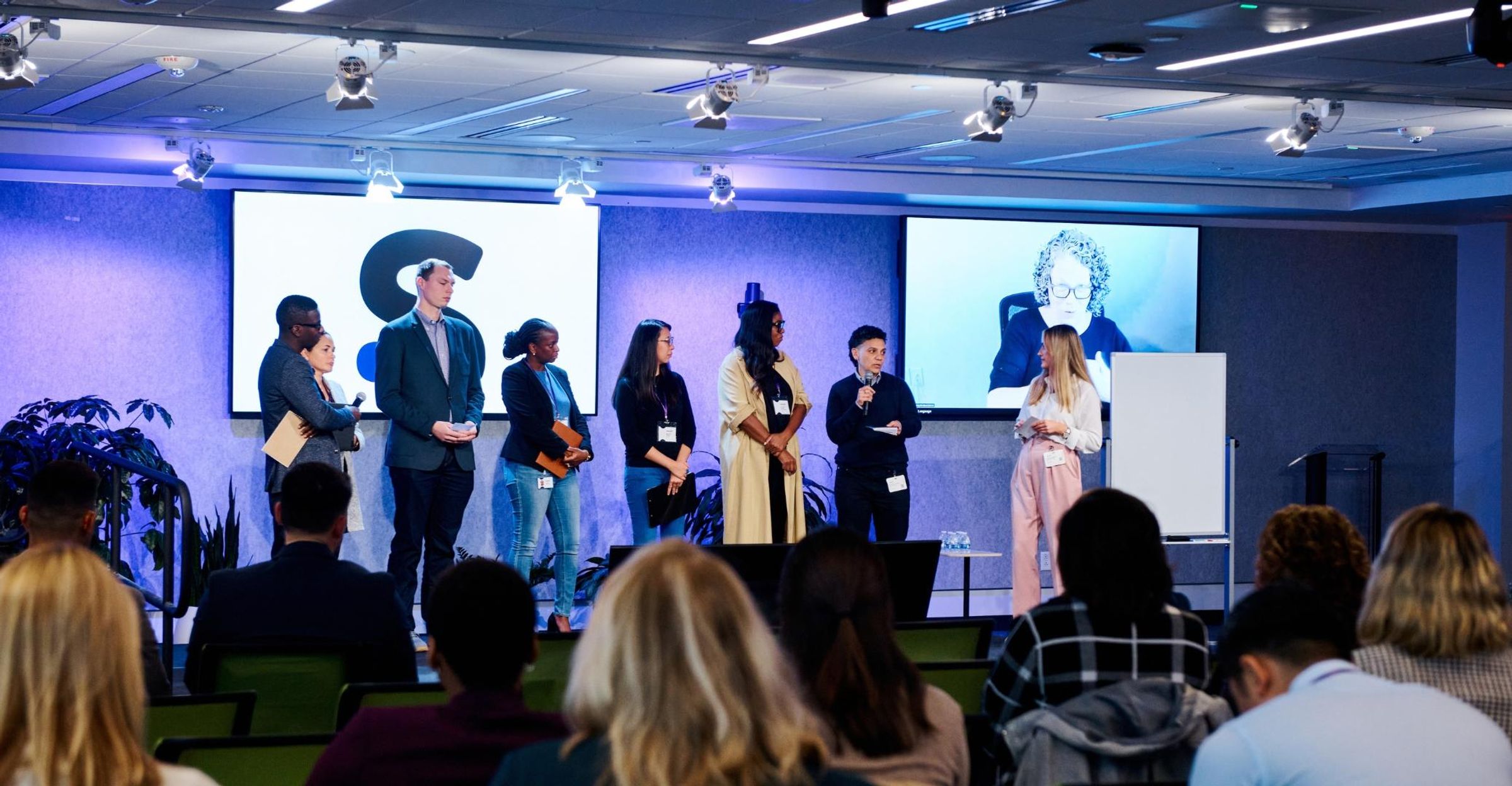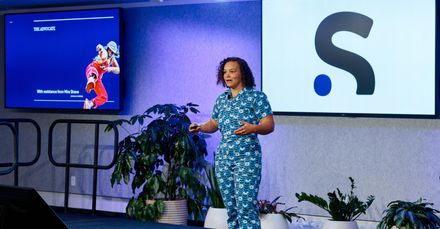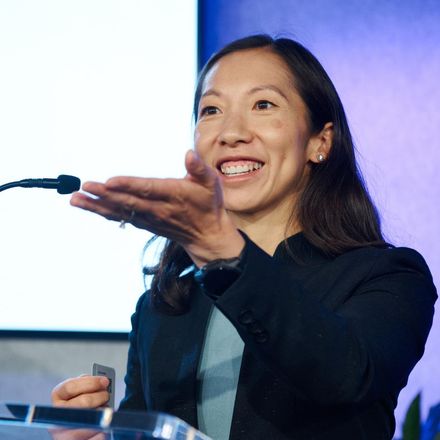TIE Summit: The Power of Community in Rebuilding Trust in Healthcare

How can we get more diversity in clinical trials?
What does good cultural sensitivity training for healthcare providers look like?
How can we better support patient advocacy by elevating Sanofi involvement in local communities?
These were just a few of the questions on the agenda at last week’s Trust, Inclusion Equity (TIE) Summit which brought together Sanofians, policymakers, clinicians, community leaders, and patients to debate and discuss how to create a fairer, more inclusive healthcare system.
The consensus was that bridging the diversity gap in healthcare depended on listening to and working with people who have experienced exclusion and marginalization.
To this end, keynote speaker and diversity and inclusion innovator, Mira Shane, shared her experiences navigating healthcare and encouraged attendees to think about when being an advocate has made them feel uncomfortable while providing inspiring tools to become better advocates for health equity moving forward.
During Mira’s keynote speech, she explored the importance of both uplifting people with less agency and finding ways of holding ourselves accountable for initiating real change. Above all else, she stressed the importance of active listening. “Listen to listen not to respond,” she said.
We can often break advocacy down into small moments of positive change. Its key that as we navigate those small moments, we listen to listen - not to respond, uplift those with less agency than ourselves, hold ourselves accountable and keep finding the passion inside of us.

Mira Shane
Diversity and Inclusion Innovator
This listening-as-learning approach is also guiding Sanofi’s A Million Conversations initiative which is committed to rebuilding trust in a healthcare system that has for too long excluded too many people.
For example, the Sanofi NextGen Scholarship is making a difference by providing young people from underrepresented communities with the funding, mentoring, and leadership training they need to become future healthcare leaders. In 2023-2024, 60 scholarships were made available for young people from minority backgrounds to study at Rutgers or Thurgood Marshall College in the U.S.
But so much more needs to be done.
In our latest survey, 64% of Black or ethnic minority people in the US reported having a negative experience that damaged their trust in healthcare. This contrasts with 57% of individuals from non-minority backgrounds. Among people with disabilities, 77% reported a healthcare experience that harmed their trust, compared to 52% of those without disabilities.
We call this the ‘trust gap’. We can, and must, do better to close it.
Leaning on her experience as a former Baltimore health commissioner, Dr Leana Wen’s keynote speech focused on the stark reality of how the inequality of the current healthcare system is impacting individuals.
“The neighbourhood people are born and raised in can potentially affect life expectancy by 20 years either way,” she said
Recognizing the very real issue of decision paralysis when facing such a massive problem as healthcare, she encouraged delegates to take action on a manageable scale, one problem at a time, and to focus on equity.
Equity is not a zero-sum game. This is often an unspoken misconception. We need to focus on pushing the message that we can help the most vulnerable while improving care for everyone.

Dr. Leana Wen
Emergency Physician and Clinical Associate Professor at George Washington University
Through panel discussions, debates, and speeches, delegates were invited to explore new pathways to addressing a wide range of issues. These included exploring the power and importance of committing to working with grassroots organizations and thinking more creatively about identifying and working with trusted messengers to increase clinical trial diversity.
The day offered everyone plenty of space to listen and learn, but also encouraged action with every delegate invited to sign the below communique outlining the action points they were committed to putting into action and reviewing at TIE 2025.